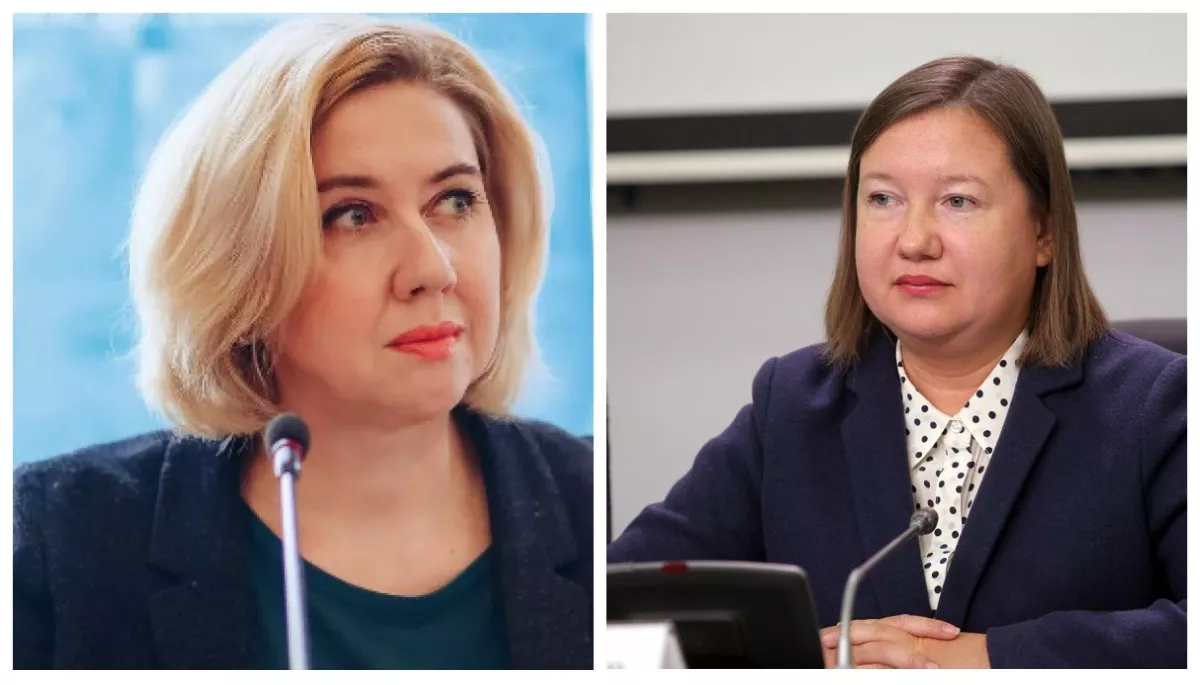Statement Regarding the Approval in the First Reading of the Draft Law on Criminalization of Defamation of Character, Libel, and Slander
Statement Regarding the Approval in the First Reading of the Draft Law on Criminalization of Defamation of Character, Libel, and Slander
Freedom of speech is a fundamental value for every democratic society. We believe intentions to limit such freedom are evidence of authoritarian developments within a nation.
On 18 September 2012, more than ten years after decriminalization of defamation, the Ukrainian Parliament passed in the first reading Draft Law No. 11013 which provides for criminal liability of up to five years of imprisonment for the infringement or encroachment upon the honour, dignity, and/or business reputation of a person.
Such penalties are clearly disproportionate and in breach of article 10 of the European Convention on Human Rights as interpreted by the European Court of Human Rights in Strasbourg.
We further believe this step taken by the members of Parliament holds the potential to considerably restrict certain rights and freedoms of every Ukrainian citizen, as it makes provision for criminal responsibility in an arbitrary manner for words spoken against public figures and criticism of public policies.
244 members of Parliament in the pro-government majority support the throwing of an individual behind bars in cases of "defamation, libel, and slander, i.e. deliberate dissemination of false information which defames the honour and dignity of another person, or undermines his/her business reputation if such actions entailed severe consequences."
In fact, this law as written allows the possibility that anybody who spreads critical information could find himself/herself under the threat of criminal prosecution, even in cases of public figures that are not normally protected from such comment. This is a threat not only to journalists, bloggers, and activists but also to ordinary users of social networks and forums who just comment on the news.
Given that there is a profound lack of trust in the impartiality of the judicial system within Ukraine, we believe such a law placed within the Criminal Code could become a basis for the criminal prosecution of any critic of the government and pave the way for the further political repression of independent politicians, journalists, and activists.
The fact that such a draft law is emerging now in the middle of pre-election campaign might also signal that there is a desire to restrict critical statements, and consequently, political pluralism. We particularly believe this action does not correspond to faithfulness to international standards of free election campaigns.
In this situation, we call on our colleagues - journalists - to cover this topic in every possible way so that there is an understanding of the consequences of the passing of this law as written. In case there is no reaction on the part of those who have initiated this law, we further call on our journalist colleagues to refrain in the future from covering the public activities of those people who are so willing to eradicate freedom of speech in our country and also intimidate all those who disseminate information about public policy.
Furthermore, we call on the leaders of Parliamentary factions to take into account that this draft law does not correspond to the recommendations of a number of international organizations of which Ukraine is a member - in particular, the Council of Europe, which urges its members to do quite the opposite, i.e. to decriminalize actions from such unclear legislation of this nature as much as possible.
The adoption of this law becomes a serious regression in the development of Ukraine as a democratic nation and will clearly testify to a further deviation from international and democratic standards.











